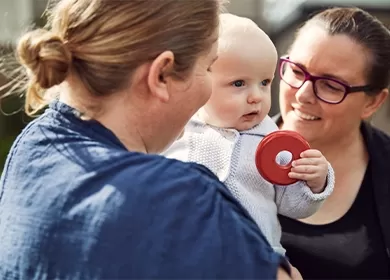Don’t have an account?
Select the donation type you’d like to make
Diet, fitness and saving lives
Worried a little too much takeaway or time on the couch could stop you from donating blood? Don’t be! Lifestyle factors have a lot less impact on your ability to give blood than you think.
Diet
Eating well is key for your health, but a few late-night kebabs won’t stop you saving lives. The biggest impact your diet can have on your ability to donate blood is your iron intake. Iron is a key component of your blood and if your levels are too low, you may not be able to donate. Lifeblood staff will test your iron levels before each donation and you can give your levels a little boost by ensuring your diet is packed full of leafy greens, beans and plenty of red meat.
Fitness
You don’t need to be an elite athlete to donate blood. Regular exercise is great for your health and can enhance your donation experience, but it’s not a must. Avoid intense workouts right before and after donating — your body needs time to replenish fluids and red blood cells. Light exercise, like walking, is perfect before donating. Afterwards, take time to rest before jumping back into an intense workout.
Hydration
While diet and fitness won’t have too much impact on your donation, dehydration will. Blood plasma is 92% water, so when you give blood, you’re losing a lot of water too. Staying hydrated pre and post-donation is essential. Men should aim for 10 glasses the day before, women for 8. After donating, keeping your fluids up will help your body bounce back.
Not sure? We’re here to help.
If you’d like to give blood but still have a few questions about how your lifestyle might impact your eligibility, the best place to start is the donation eligibility quiz. It takes less than a minute and covers all the big questions you might have about your ability to give blood.




